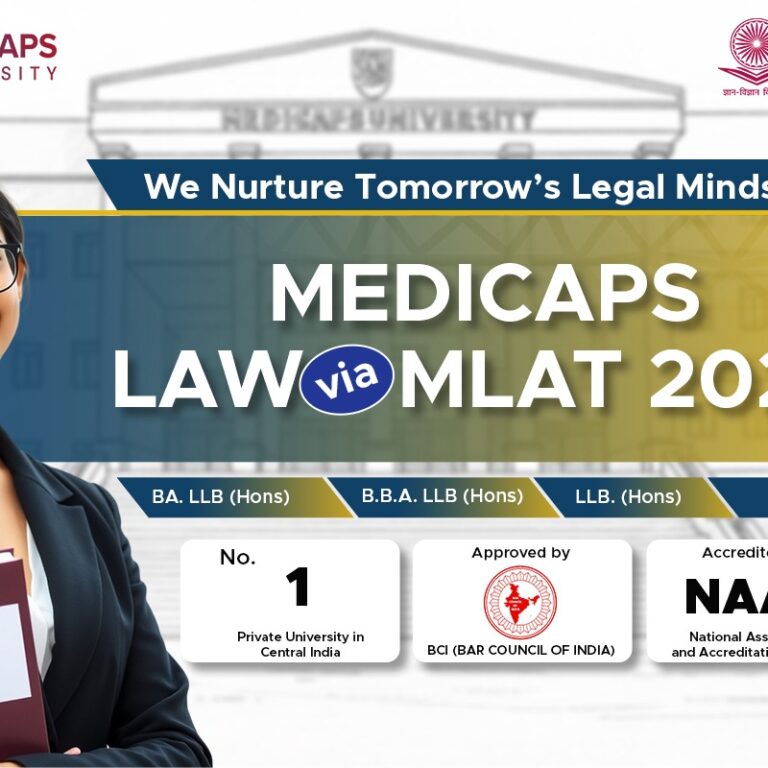How to Study Current Affairs for CLAT 2025?

Preparing for the CLAT in 2025, understanding and mastering the current affairs section is important.
Accounting for 25% of the exam with approximately 30 to 32 marks up for grabs, current affairs is not only important but can be one of the trickiest sections to handle, especially with backlogs.
The Importance of Current Affairs in CLAT
Current affairs in CLAT test your awareness of the world around you, focusing not just on static knowledge but on ongoing global events. Unlike sections that require heavy conceptual understanding or rigorous practice, current affairs demands consistent and regular learning. This means that even if you start preparing late, with the right strategies, you can cover substantial ground quickly.
Daily Routine for Current Affairs
The first step is to incorporate a daily routine for studying current affairs. It barely takes ten minutes of your day, but those ten minutes can cover 25% of your paper. This small investment of time can yield significant results. Here’s how you can structure your daily routine:
- Morning Reading: Start your day with a good newspaper. Choose one that provides comprehensive coverage of national and international events.
- Online Resources: Use reputable online sources like news websites, government portals and educational platforms.
- Note-Taking: Maintain a notebook or digital document to jot down important events and details.
- Regular Revision: Spend a few minutes revising the previous week’s notes to ensure retention.
Major Sources of Current Affairs
To effectively study current affairs, you need to rely on four major sources: newspapers, competitive exam guides, classes and mock tests. Each of these sources plays a unique role in your preparation.
1. Newspapers
Newspapers are the most traditional and comprehensive source of current affairs. However, they lack structure and may not always align with the CLAT syllabus. Therefore, while newspapers are essential, they should not be your only source.
- Choose a Reputable Newspaper: Opt for newspapers like The Hindu or The Indian Express.
- Focus on Relevant Sections: Prioritise sections like national news, international news, economy and editorials.
- Supplement with Notes: Extract important points and create concise notes.
2. Competitive Exam Guides
Competitive exam guides are tailored specifically for exams like CLAT. They provide structured information and often include static GK relevant to current affairs.
- Use Reputed Guides: Choose guides that are well-regarded in the industry.
- Regular Updates: Ensure that the guide you use is updated regularly to include the latest events.
- Comprehensive Coverage: Look for guides that offer detailed explanations and background information.
3. Classes
Enrolling in current affairs classes can provide you with structured learning and expert guidance. Classes can help you catch up on backlogs and stay updated with ongoing events.
- Look for videos that are specifically designed for CLAT preparation. If you have missed classes, use recorded sessions to cover backlogs.
- Participate in interactive sessions to clarify doubts and enhance understanding.
4. Mock Tests
Mock tests are important for assessing your preparation and identifying areas that need improvement. They simulate the actual exam environment and help you practice time management.
- Regular Testing: Take mock tests regularly to track your progress.
- Analyse Results: After each test, analyse your performance to identify weak areas.
- Focus on Current Affairs: Pay special attention to current affairs sections in mock tests to gauge your readiness.
Tackling Backlogs
If you’re starting your preparation in April or May, it’s important to address the backlog systematically. Here’s how you can do it:
- Divide and Conquer: Break down the backlog into manageable chunks. For example, cover April’s current affairs first, followed by March and so on.
- Prioritise Recent Events: Focus on the most recent events first, as they are more likely to be relevant in the exam.
- Use Multiple Sources: Cross-reference information from different sources to ensure comprehensive coverage.
- Regular Revision: Continuously revise the covered material to ensure retention.
Note-Taking Strategies
Effective note-taking is key to mastering current affairs. Here are some strategies:
- Digital vs. Pen and Paper: Choose a method that works best for you. Digital notes can be easily organised and edited, while pen and paper can enhance memory retention.
- Structured Notes: Create a structure for your notes, categorising them by date, topic and relevance.
- Concise Summaries: Write concise summaries for each event, highlighting the most important points.
- Regular Updates: Update your notes regularly to include the latest information.
Effective Use of Mock Tests
Mock tests not only help you practice but also provide a pool of topics for you to study. Here’s how to make the most of them:
- Simulate Exam Conditions: Take mock tests in a quiet environment, simulating actual exam conditions.
- Time Management: Practice managing your time effectively to complete the test within the given time frame.
- Review and Revise: After each test, review your answers, especially the incorrect ones and revise the relevant topics.
Conclusion
Preparing for the current affairs section in CLAT requires a blend of regular study, strategic preparation and the use of multiple sources for a well-rounded approach. With the right techniques and dedication, mastering this section is not only possible but can also be a significant score booster in your CLAT journey. Remember, consistency is key — make current affairs a daily habit and watch your knowledge and confidence, grow as the exam approaches.
Calling all law aspirants!
Are you exhausted from constantly searching for study materials and question banks? Worry not!
With over 15,000 students already engaged, you definitely don't want to be left out.
Become a member of the most vibrant law aspirants community out there!
It’s FREE! Hurry!
Join our WhatsApp Groups (Click Here) and Telegram Channel (Click Here) today, and receive instant notifications.





